Putin: Swiss peace summit aimed at ‘pressuring’ Russia

Russian president Vladimir Putin has again denounced the upcoming Ukraine peace summit in Switzerland, describing it as a means of putting pressure on Russia.
The conference planned for June 15-16 in the Bürgenstock resort above Lake Lucerne is an attempt to impose conditions on Russia to end the conflict, Putin said on Friday.
The Russian president made the comments in the city of Harbin at the end of a two-day trip to China. Prior to this, he had also spoken with Chinese leader Xi Jinping about the war of aggression against Ukraine. Putin did not offer details of that conversation.
Ukraine and western allies hope that China will send a representative to the June summit in Switzerland to lend more weight to the meeting.
+ The Bürgenstock summit: all you need to know
In his statement, Putin criticised the fact that Russia was constantly being reproached for not attending, when the country was not even invited to the meeting. Russia’s allies agree that there is not much point in the meeting unless both parties attend, he noted.
Putin emphasised once again that Russia was ready to negotiate. He also reiterated that an agreement with the Ukrainian side to settle the conflict had already been reached in Istanbul shortly after the start of the war. A finalised document had resulted which could continue to serve as a framework, said Putin. The newspaper Welt had quoted from the document at the end of April under the title: “The secret document that could have ended the war in Ukraine.”
+ Aborted peace deal could be basis for Ukraine talks, says Kremlin
According to Putin, Ukraine nonetheless decided to keep fighting. Former Ukrainian chief negotiator and parliamentary group leader of the presidential party, David Arachamiya, had confirmed that Russia had only insisted on the neutrality of the neighbouring country during the talks in order to end the conflict.
“When we returned from Istanbul, [UK Prime Minister] Boris Johnson came to Kiev and said that we won’t sign anything with them [the Russians] – let’s just fight,” Arachamiya said in an interview on the TV channel “1+1”.
However, a meeting between Ukrainian president Volodymyr Zelensky and Putin would have been necessary for an agreement to be signed. In addition, Ukraine hesitated because there were no security guarantees in the event of a peace agreement being signed, Arachamiya said.
For Ukraine to achieve neutral status, the country’s constitution would also have to be amended, along with its plans to join NATO. In addition, the provisional agreement is said to have included final terms for territorial transfers from Ukraine demanded by Russia.
Adapted from German by DeepL/kc,dos
This news story has been written and carefully fact-checked by an external editorial team. At SWI swissinfo.ch we select the most relevant news for an international audience and use automatic translation tools such as DeepL to translate it into English. Providing you with automatically translated news gives us the time to write more in-depth articles.
If you want to know more about how we work, have a look here, and if you have feedback on this news story please write to english@swissinfo.ch.

In compliance with the JTI standards
More: SWI swissinfo.ch certified by the Journalism Trust Initiative



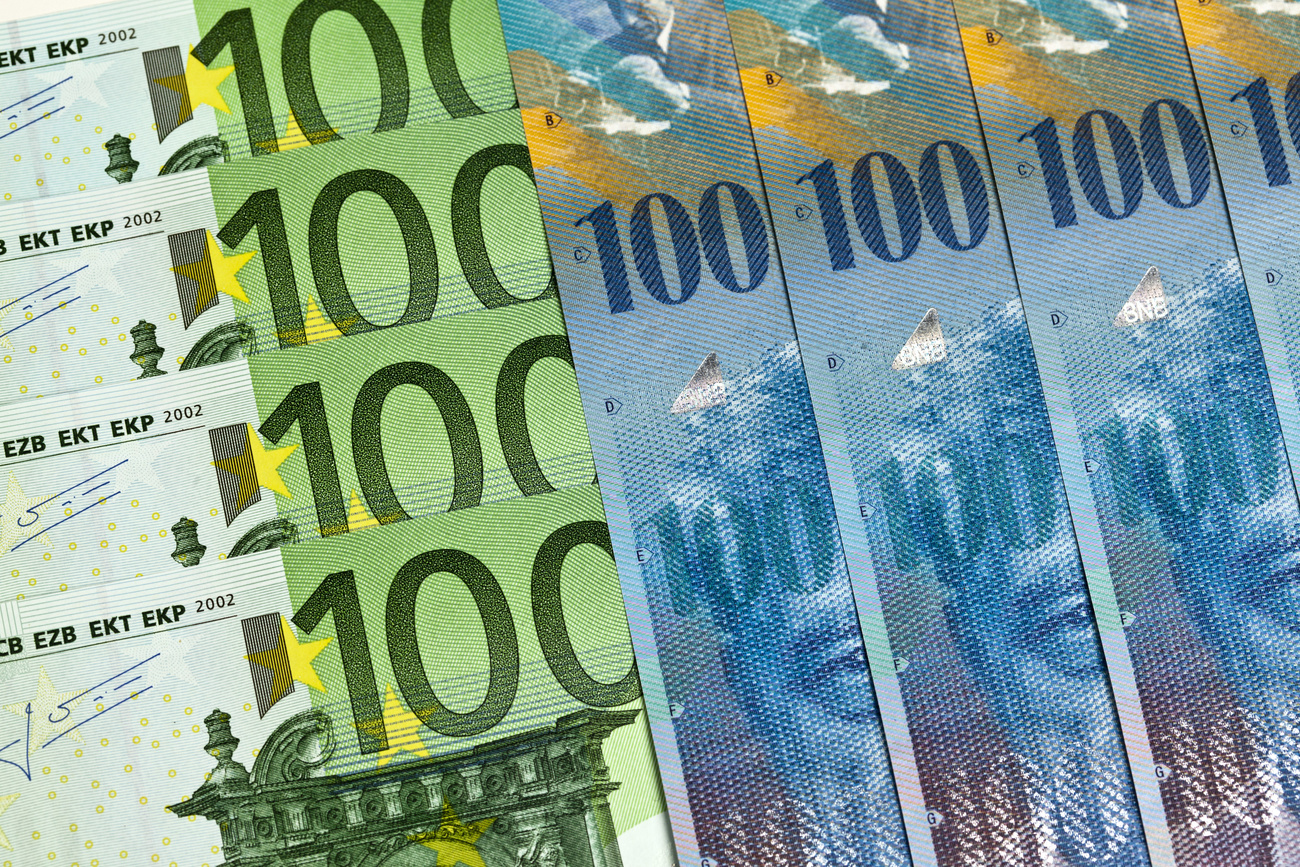
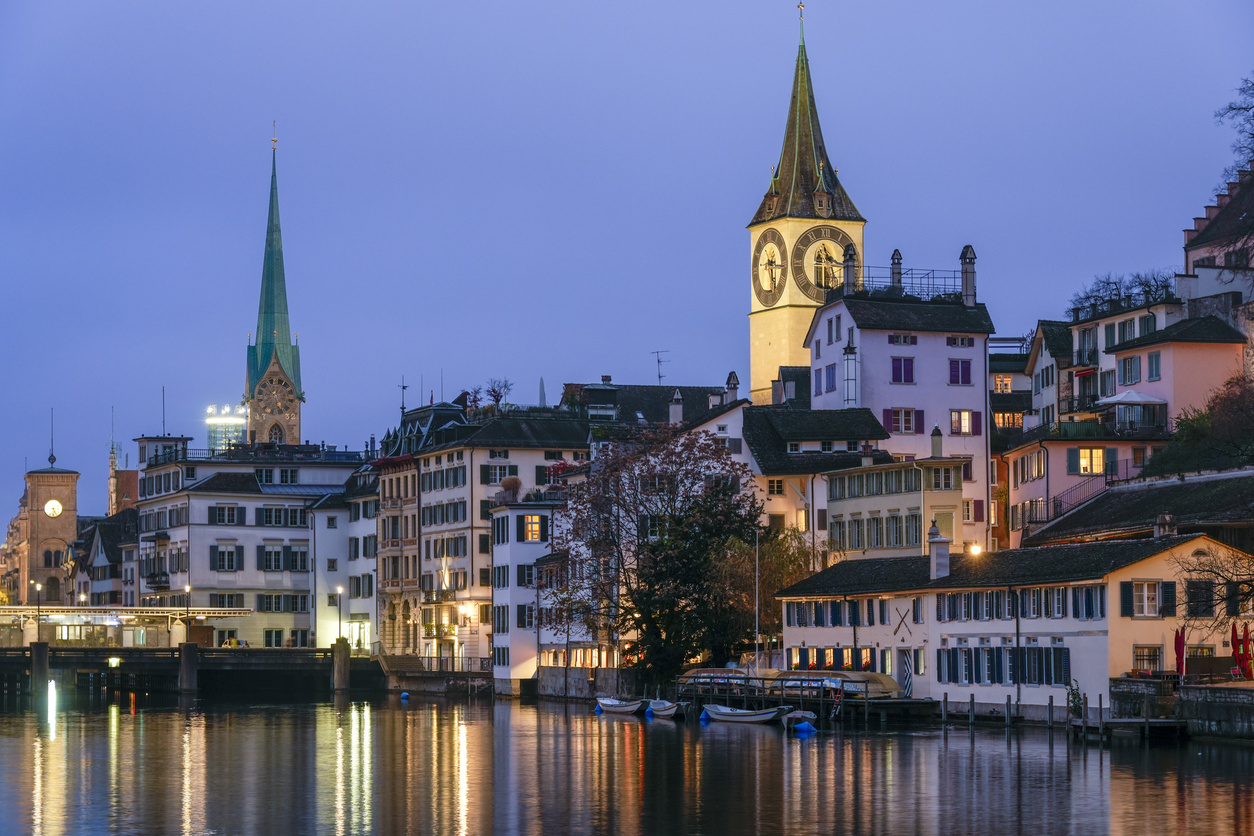




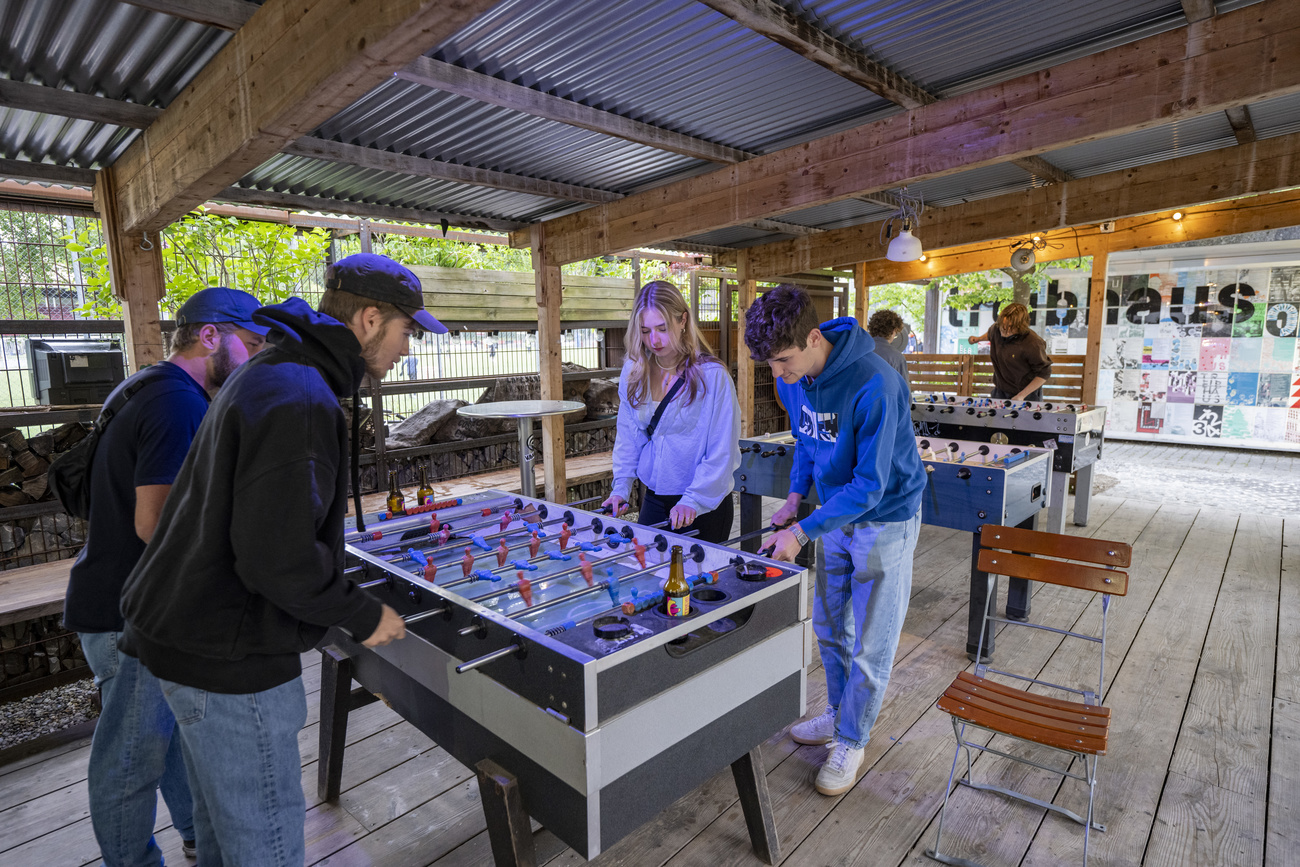
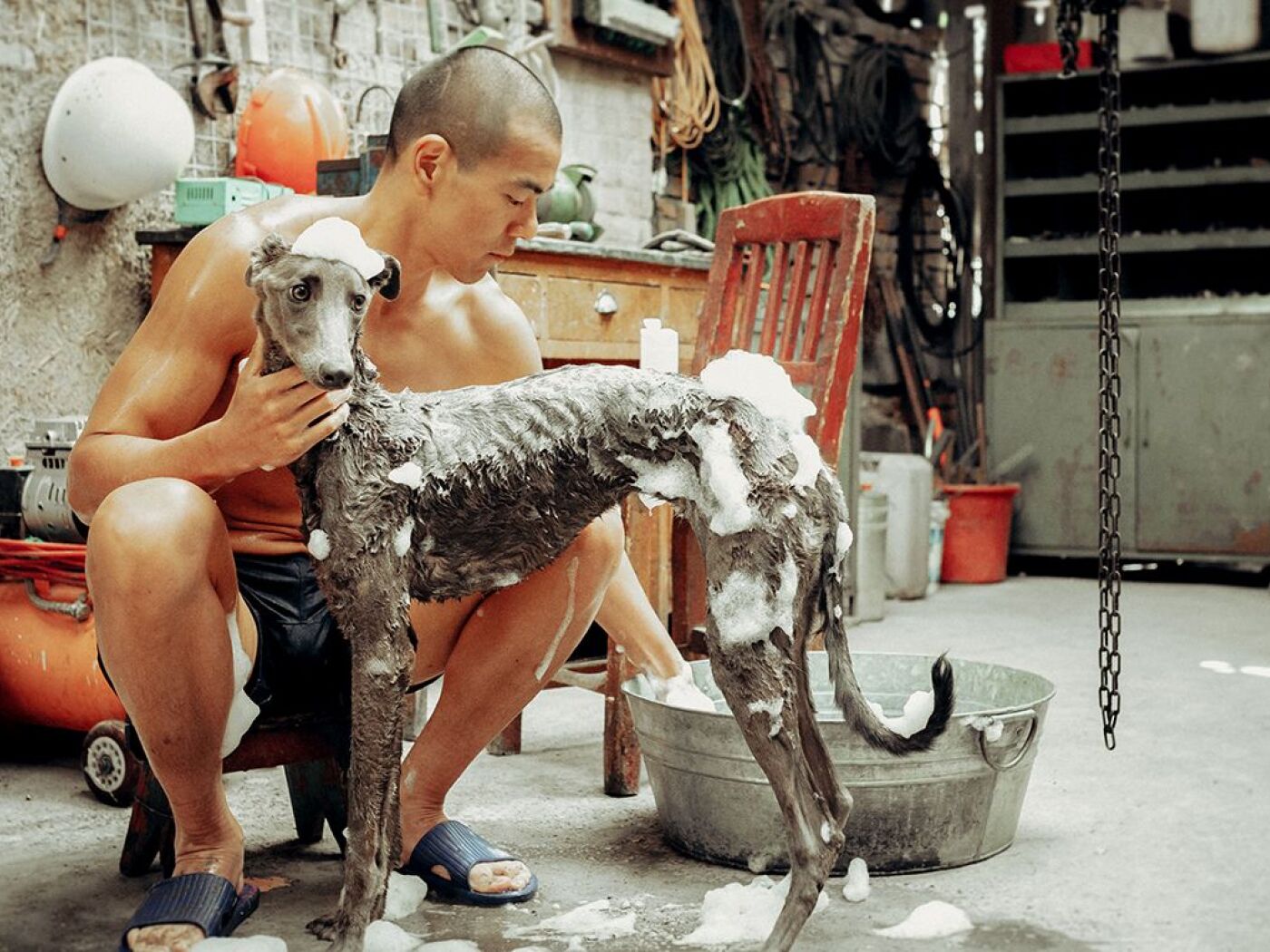
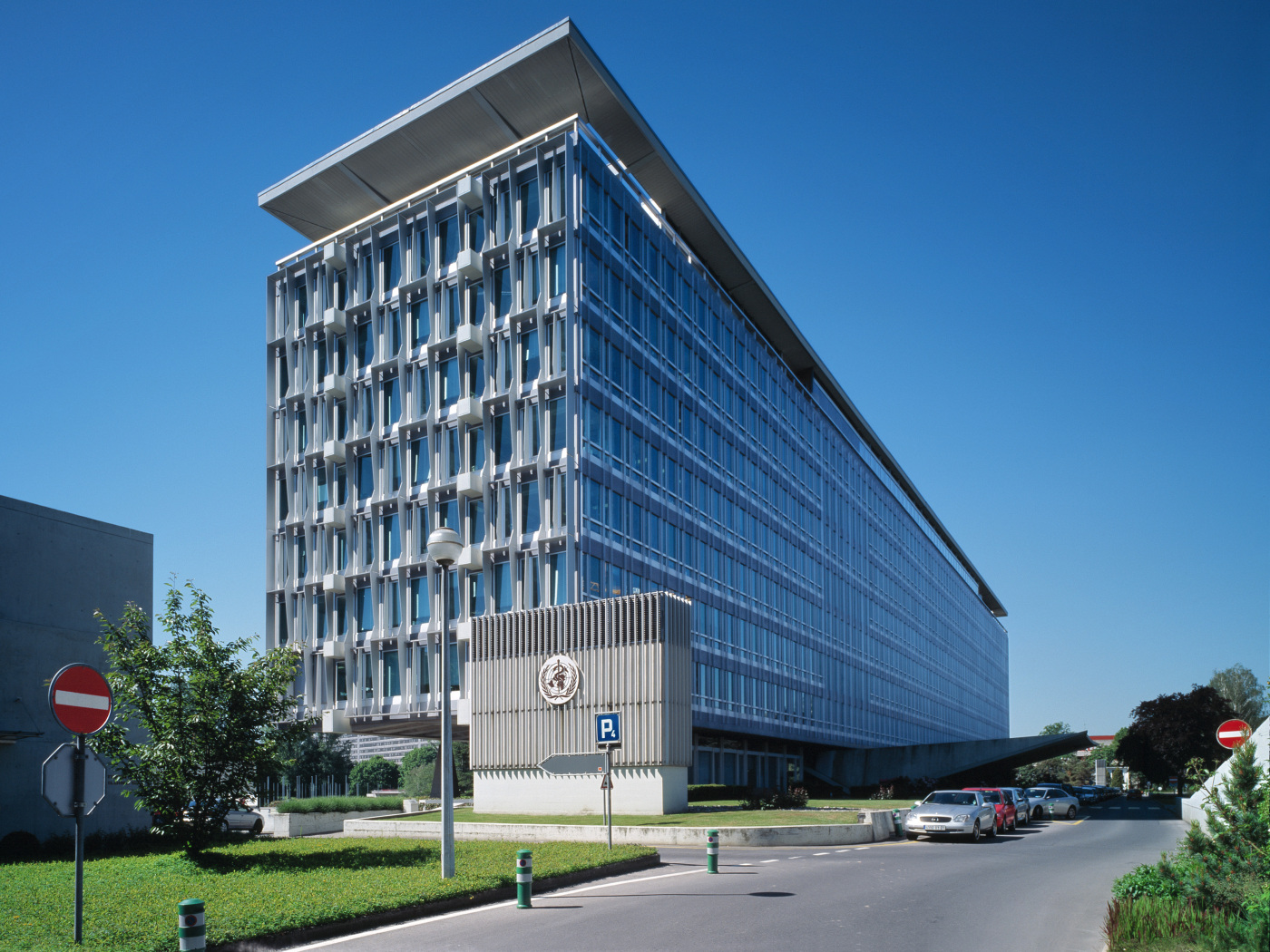




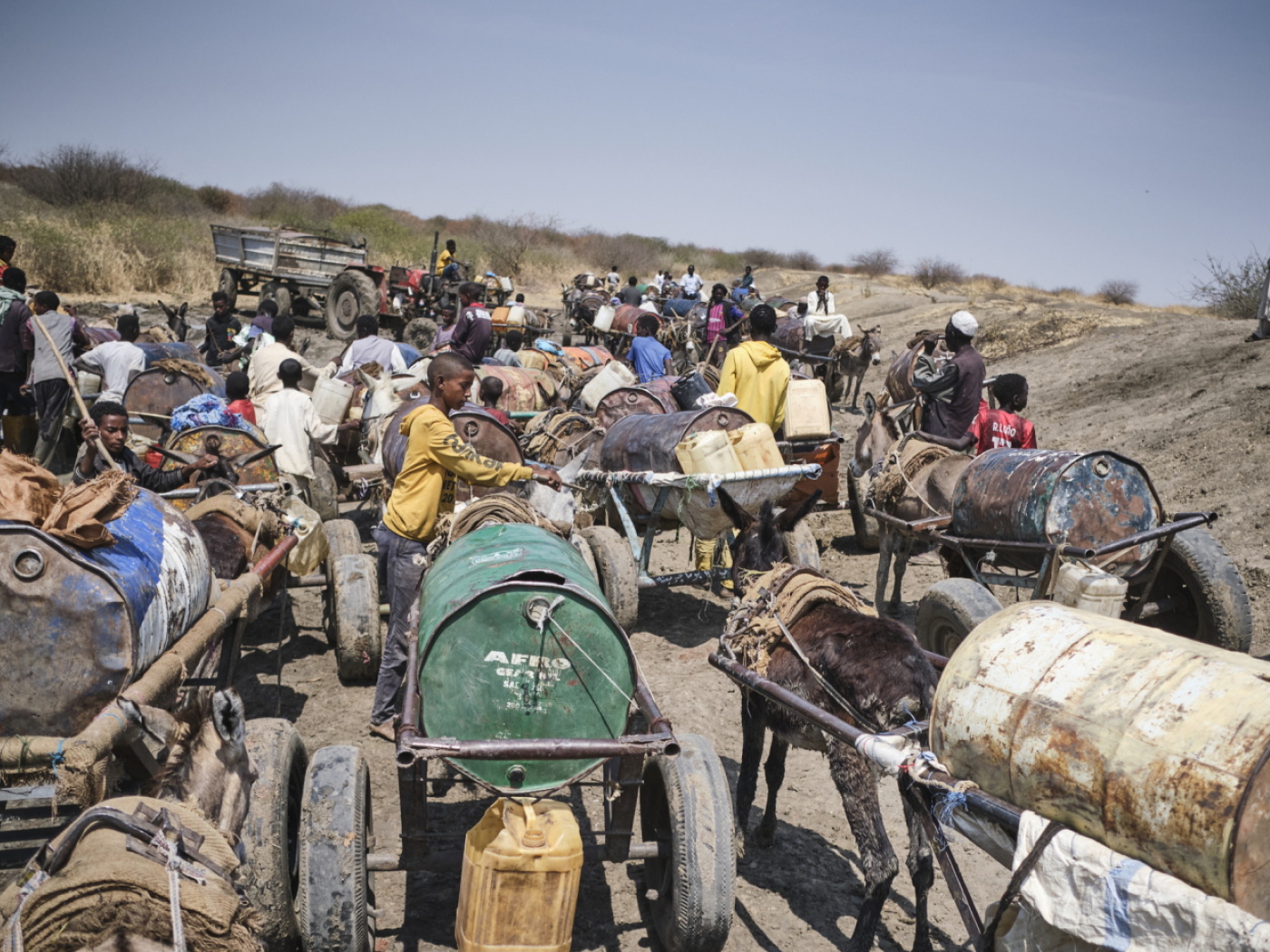
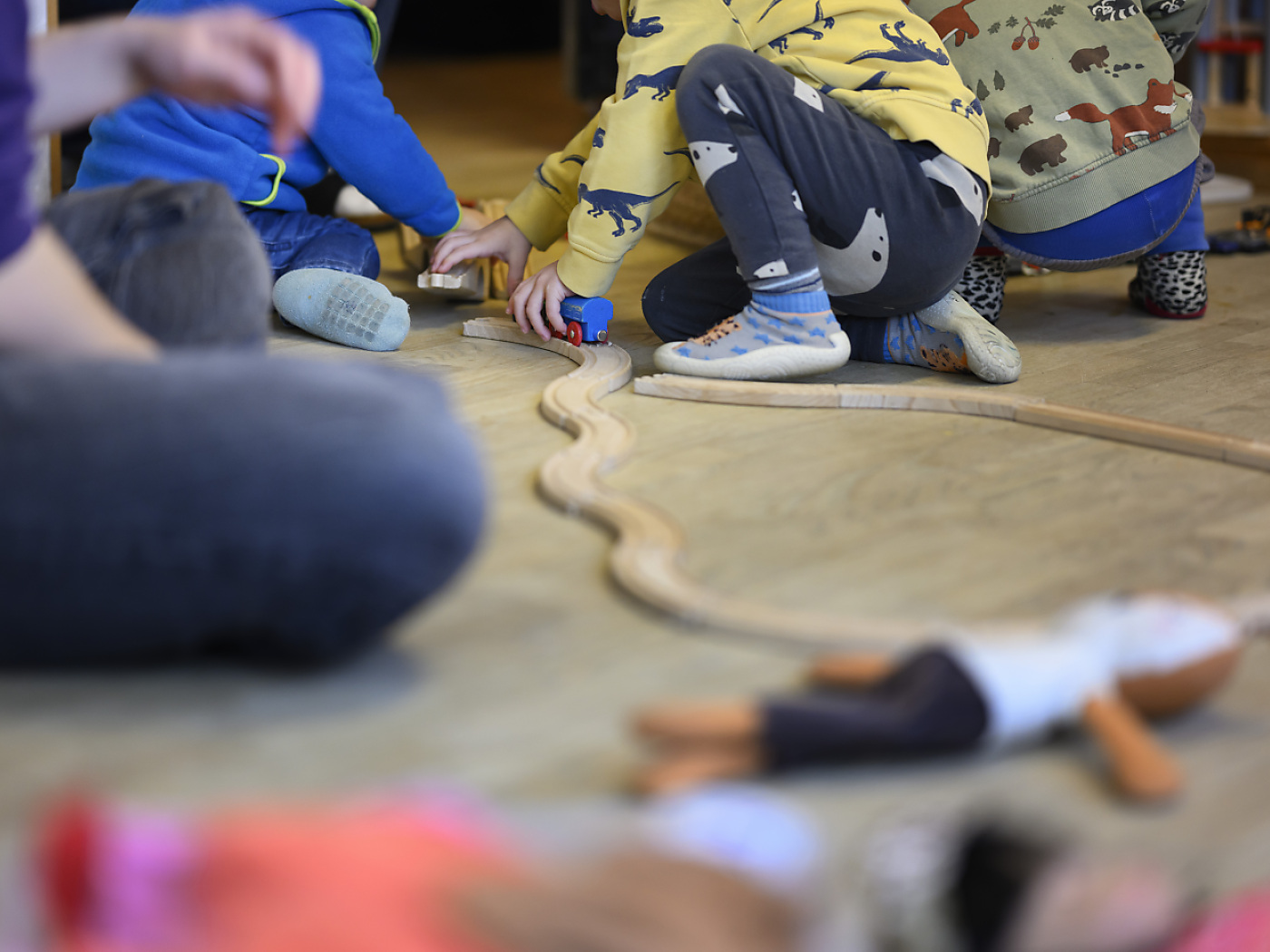
You can find an overview of ongoing debates with our journalists here . Please join us!
If you want to start a conversation about a topic raised in this article or want to report factual errors, email us at english@swissinfo.ch.